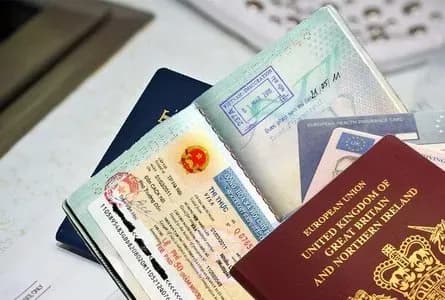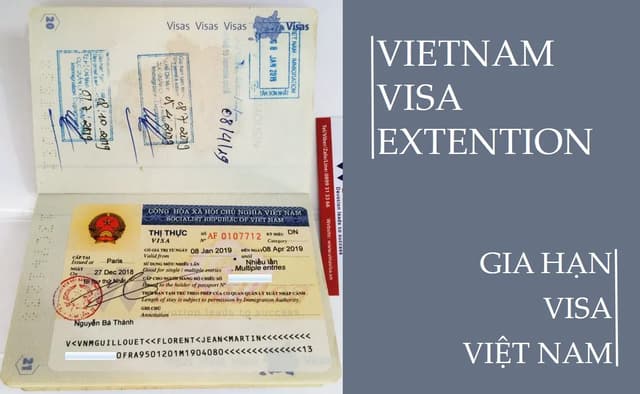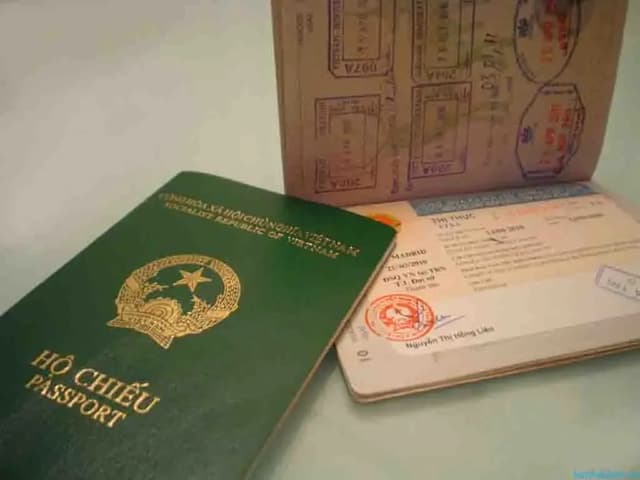Methods of dispute resolution in construction
By Hoa Nguyen
15/12/2024
This article provides detailed information about dispute resolution methods in the construction industry. From negotiation and mediation to arbitration and court, each method has its own advantages and disadvantages. Understanding these methods will help you choose the most appropriate solution for each situation, ensuring your rights and maintaining good cooperative relationships in the construction industry.

1. The first is negotiation.
Negotiation is a method of dispute resolution in which the disputing parties will contact, learn, settle, and make concessions to resolve the disagreements that arise in order to eliminate the dispute without the assistance or judgment of any third party. This method of dispute resolution is preferred by the parties in dispute resolution because it is simple and not bound by complicated legal procedures. This method also saves time and costs of dispute resolution for the parties. In particular, the negotiation method does not harm the existing cooperative relationship between the parties as well as maintain confidentiality and business reputation. However, the agreement reached in the negotiation method is not compulsory but depends on the voluntariness of the parties. Therefore, an unwilling party can take advantage of the negotiation method to prolong or delay the performance of obligations. This makes the advantage of negotiation in saving time and costs unachievable if one party does not voluntarily implement the solution reached in negotiation.
2. Second, dispute resolution through mediation by the Dispute Resolution Board
The Dispute Resolution Board is a specific method of dispute resolution in the construction sector. In which, the Dispute Resolution Board performs the task of reviewing, detecting and handling conflicts, preventing them from arising into disputes and resolving disputes arising during the implementation of the construction contract between the parties.
Pursuant to the provisions of the current Construction Law and Article 45 of Decree 37/2015/ND-CP, settlement through conciliation by establishing a dispute resolution board shall be carried out as follows:
(1) Establishment of a Dispute Resolution Board: The Dispute Resolution Board may be stated in the contract at the time of signing or established when a dispute occurs. The number of members is agreed upon by the parties. The members may include an agency, organization or one or several expert individuals (depending on the agreement of the parties).
(2) Settlement procedure: Within 28 days from the date the parties receive the conciliation conclusion of the dispute settlement board, if a party does not agree with the conciliation conclusion, it has the right to object and these disputes will be resolved at Arbitration or Court.
Regarding costs: are included in the construction contract price and are borne by each party to the contract in half, unless otherwise agreed by the parties.
However, in reality in Vietnam, the use of the Dispute Resolution Board is not really popular because Vietnamese law does not have a clear legal framework for this method. This leads to the parties in the contract not clearly understanding the role of the Dispute Resolution Board, or doubting the legality of the decision from the Dispute Resolution Board and ignoring the establishment of this dispute resolution mechanism, or wishing to establish a Dispute Resolution Board but not being able to because the other party does not cooperate. In addition, finding members of the Dispute Resolution Board with appropriate expertise and experience is difficult and time-consuming, and there are no specific regulations on how the Dispute Resolution Board operates and the mechanism for enforcing the Dispute Resolution Board's decisions according to the law.
3. The third is to resolve disputes by commercial arbitration.
The authority of Arbitration is stipulated in Article 2 of the Law on Commercial Arbitration 2010; accordingly, Commercial Arbitration is allowed to resolve the following disputes: Disputes between parties arising from commercial activities (Clause 1); Disputes arising between parties in which at least one party has commercial activities (Clause 2); and Other disputes between parties that the law stipulates must be resolved by Arbitration (Clause 3).
During the negotiation and signing of a construction contract, the parties have the right to agree on an arbitration clause in the construction contract or when a dispute arises, the parties may choose commercial arbitration to resolve the dispute. In this case, the dispute will be resolved according to the procedures prescribed in the Commercial Arbitration Law 2010 and the specific procedural rules of each specific arbitration center.
4. Fourth is dispute resolution through the Court
In case the parties do not have an agreement to resolve the dispute by negotiation, conciliation or commercial arbitration, the parties may file a lawsuit at the competent People's Court. The procedure for filing a lawsuit at the Court includes the following steps:
Step 1: Prepare lawsuit documents
The lawsuit file includes:
– Petition according to the form; The content of the petition is specified in Clause 4, Article 189 of the 2015 Civil Procedure Code.
– Documents and evidence proving that the plaintiff's legitimate rights and interests have been violated.
Step 2: File a lawsuit
The petition is filed at the competent court, which is the district or provincial People's Court (when there is a foreign element) where the defendant resides or works. The petition can be filed directly, via postal service or sent online.
Step 4: Court accepts and resolves
After the Court receives the application and records it in the application book within 03 working days, the Chief Justice of the Court will assign a judge to review the application. Within 05 days from the date of assignment, the Judge must issue one of the following decisions:
– Request to amend or supplement the petition;
– Conduct case handling according to normal procedure or simplified procedure;
– Transfer the petition to the competent Court and notify the petitioner if the case falls under the jurisdiction of another Court;
– Return the petition to the petitioner if the case is not within the jurisdiction of the Court.
If the conditions for acceptance are met, the Court shall notify the plaintiff to pay the advance court fee. After the plaintiff submits the receipt for the advance court fee, the Court shall proceed with the procedure for accepting the case. The time limit for preparing for trial is 04 months from the date of acceptance of the case. In case the case has many complicated details, the time limit may be extended by 02 months.
During the period of preparation for trial, the Judge assigned to resolve the case shall conduct litigation activities, including conciliation, and issue decisions as prescribed in Article 203 of the 2015 Civil Procedure Code, including a decision to bring the case to trial when conditions are met. The trial shall be opened within 01 month from the date of the decision to bring the case to trial.
Note: Statute of limitations for filing a lawsuit on a construction contract.
Article 45 of Decree 37/2015/ND-CP stipulates: “3. The statute of limitations for filing a lawsuit under arbitration procedures or the statute of limitations for filing a lawsuit with the Court to resolve a construction contract dispute shall be implemented in accordance with relevant provisions of law.”
The statute of limitations for filing a lawsuit regarding a contract under the 2015 Civil Code is 03 years. The statute of limitations is calculated from the date the person entitled to claim knows or should know that his/her legitimate rights and interests have been violated. The statute of limitations is only applied when there is a request from one or more parties. This request must be made before the Court of First Instance issues a judgment or decision to resolve the case.
Vietnam visa application service for foreigners
By Hoa Nguyen
16/10/2024
Our Vietnam visa application service provides a quick and convenient solution for foreigners who need to enter and temporarily reside in Vietnam. We provide short-term and long-term visas for tourism, business, investment and visiting relatives. With a simple and professional process, we ensure to save time and bring satisfaction to customers. Contact us now for support!
Extend Vietnam visa procedures for foreigners
By Van Vu
16/10/2024
Extending Vietnam visa for foreigners is one of the important services to ensure legal residence in Vietnam. We provide a fast and simple visa extension process, suitable for various types of visas such as tourism, business, and visiting family. With attentive and professional support, we commit to bringing convenience and peace of mind to customers during the visa extension process. Contact us for detailed advice and support on extending Vietnam visa procedures.
Procedures for applying for visas for foreigners working in Vietnam
By Van Vu
16/10/2024
This article provides detailed instructions on the procedures for applying for visas for foreigners working in Vietnam, including short-term and long-term visa types, as well as corresponding conditions and expiry dates. In addition, information on legal regulations and necessary documents is also provided to support foreign workers and businesses in carrying out procedures effectively and legally.
Visa issuance for foreigners at international border gates
By Van Vu
21/10/2024
According to Article 18 of the Law on Entry, Exit, Transit and Residence of Foreigners in Vietnam 2014, the issuance of visas at international border gates for foreigners is regulated in detail.




